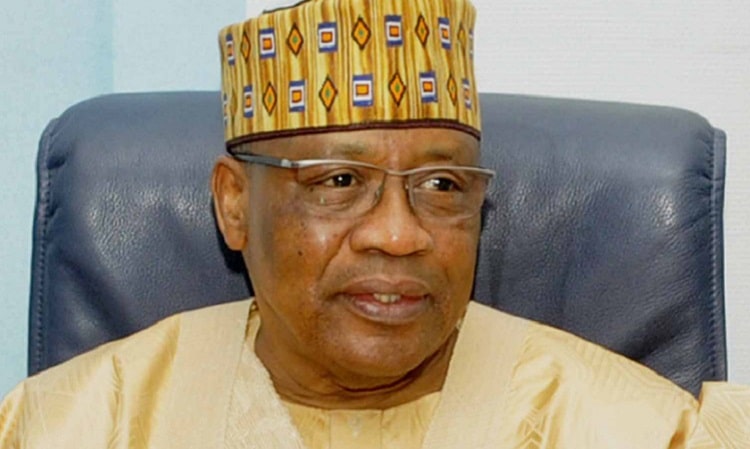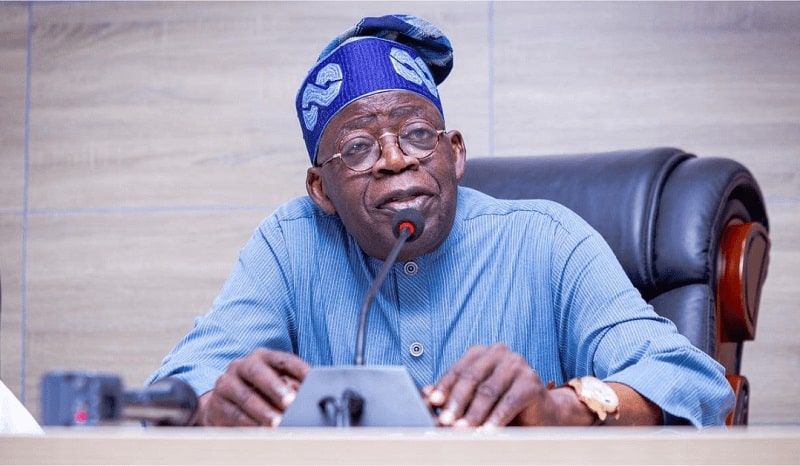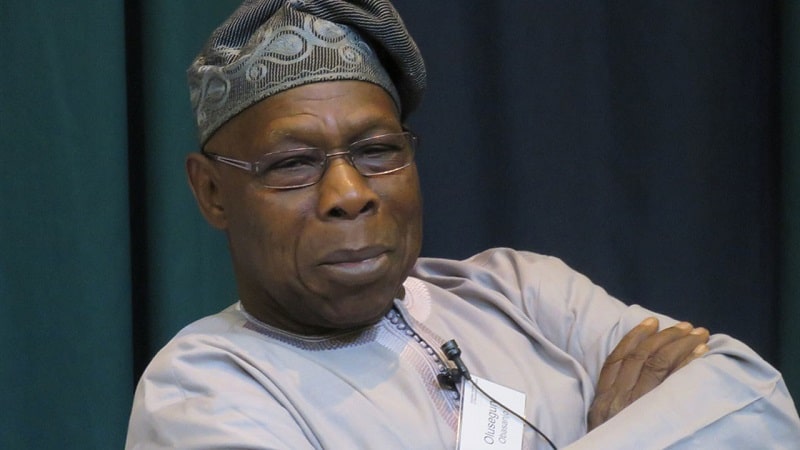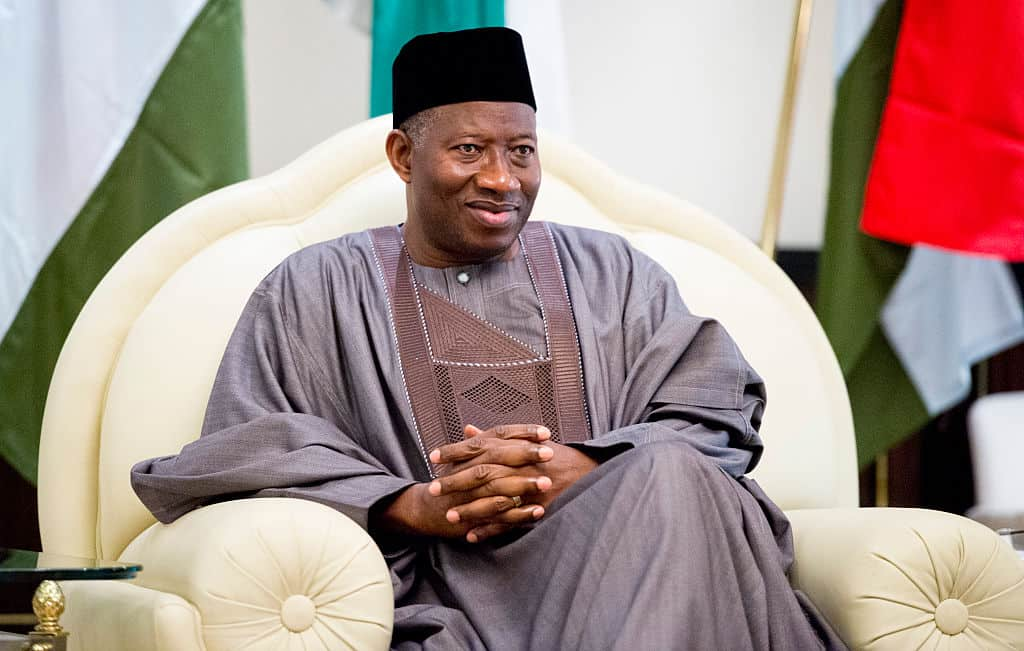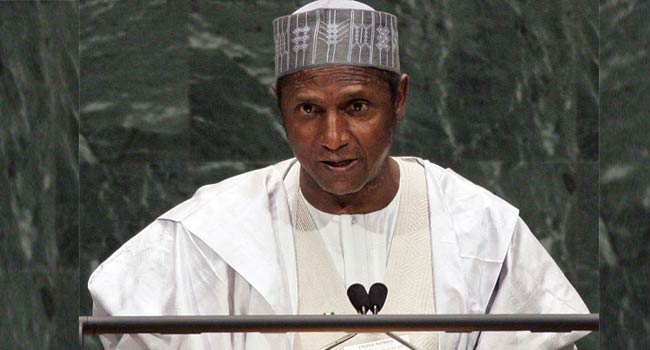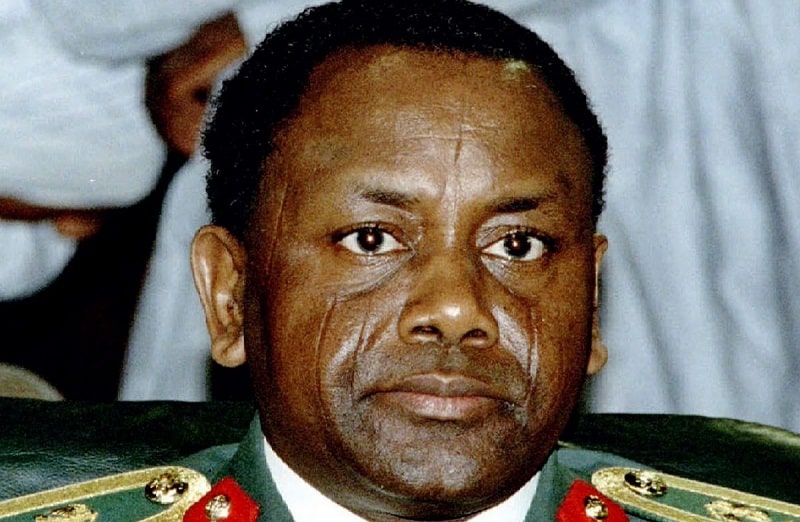
General Sani Abacha was a military dictator who ruled Nigeria between 1993 and 1998. His regime was marked by widespread corruption, human rights abuses, and political repression. Despite his brutal tactics, Abacha is still remembered by some Nigerians for his efforts to modernize the country’s infrastructure and economy.
| List | President’s Information |
|---|---|
| Name | Sani Abacha |
| Date of Birth | September 20, 1943 |
| Age | Died on June 8, 1998 (at the age of 54) |
| Died | June 8, 1998 |
| Ancestral Home | Kano, Kano State, Nigeria |
| Native Language | Hausa |
| School Attended | Nigerian Military Training College |
| Career & Occupation | Military Officer, Politician |
| Military Rank | General |
| Height | Approximately 1.75 meters |
| Known As | N/A |
| Citizenship | Nigerian |
| Residence | Abuja, Nigeria (At the time of Death) |
| Religion | Islam |
| Wife’s Name | Maryam Abacha |
| Children’s Name | Mohammed, Sadiq, Abba, and others |
| Assumed Presidential Office | November 17, 1993 |
| Left Presidential Office | Died in Office on June 8, 1998 |
| Political Party | Non-partisan (Military Government) |
Sani Abacha’ s Early Life and Military Career
Abacha was born in Kano, Nigeria, in 1943. He joined the Nigerian Army in 1963 and rose through the ranks to become a major general. He served in various capacities, including as the director of military intelligence and security, before taking over as the head of state in 1993.
Abacha’s regime was characterized by a heavy-handed approach to governance. He banned all political parties, dissolved the civilian government, and detained prominent politicians, including Moshood Abiola, who had won the presidential election in 1993. He also clamped down on the media, suppressed freedom of speech, and limited civil society organizations’ activities.
Corruption and Human Rights Abuses
Abacha’s regime was marred by allegations of widespread corruption. He and his family members were accused of embezzling billions of dollars from Nigeria’s treasury, and his government was notorious for extortion and bribery. Abacha’s regime was also marked by human rights abuses, including extrajudicial killings, torture, and enforced disappearances. Hundreds of political activists and journalists were arrested and detained without trial.
Despite these abuses, Abacha remained popular with some Nigerians, who saw him as a strong leader capable of restoring order and stability to the country. His government also launched several initiatives aimed at modernizing Nigeria’s infrastructure, including the construction of new highways, bridges, and airports.
Abacha died suddenly in June 1998, leaving Nigeria in a state of uncertainty. Although his government was characterized by widespread corruption and human rights abuses, some Nigerians still remember him for his efforts to modernize the country’s infrastructure and economy.
In the years since Abacha’s death, Nigeria has made significant progress towards democracy and good governance. However, corruption and human rights abuses remain a significant challenge.
Additional Facts
- He joined the Nigerian Army in 1963 after graduating from the Nigerian Military Training College in Kaduna.
- Abacha played significant roles in both the July 1966 counter-coup and the 1983 coup that brought Major General Muhammadu Buhari to power.
- He was instrumental in the 1985 coup that ousted Buhari and brought General Ibrahim Babangida to power.
- Abacha served as Chief of Army Staff and later as Minister of Defence under Babangida’s regime.
- He became the Head of State of Nigeria on November 17, 1993, after ousting the interim government of Ernest Shonekan.
- Abacha ruled Nigeria as a military dictator from 1993 until his death in 1998.
- His regime was marked by severe human rights abuses, including the execution of activist Ken Saro-Wiwa and the Ogoni Nine.
- Abacha’s government suppressed opposition, detained political activists, and controlled the press.
- The PTF was established to manage funds from increased fuel prices for developmental projects, with Muhammadu Buhari as the head.
- Abacha and his associates embezzled billions of dollars from Nigeria’s treasury, much of which has been recovered posthumously.
- He announced a transition to civilian rule but manipulated the process to ensure his own perpetuation in power.
- Nigeria was suspended from the Commonwealth of Nations in 1995 due to Abacha’s human rights violations.
- Abacha organized a Constitutional Conference in 1994 to draft a new constitution for Nigeria.
- He expanded Nigeria’s security apparatus, including the creation of the State Security Service (SSS).
- He was buried the same day in Kano, according to Islamic rites, without an official state funeral.
General Sani Abacha FAQs
Related: Gnr. Abdulsalami Abubakar (Former Head of State – 1998-1999)
